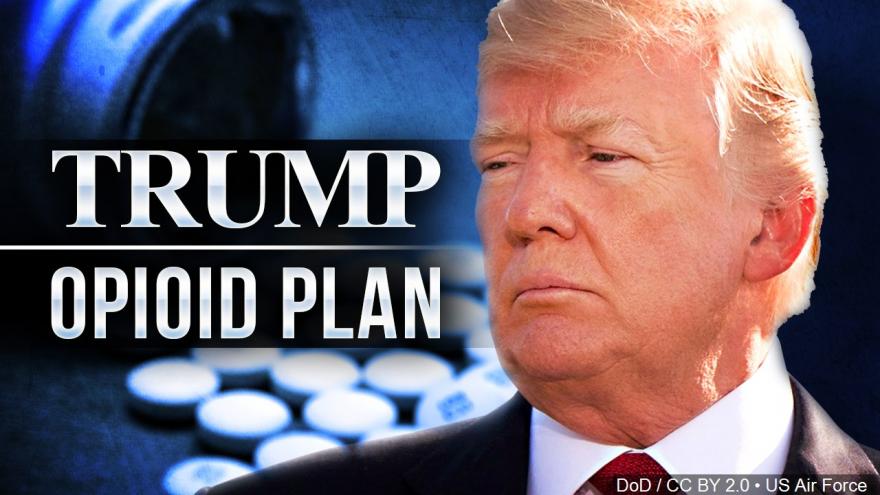Expert says death penalty for drug dealers likely won't affect opioid crisis
President Donald Trump revealed his new plan to fight the opioid crisis in New Hampshire on Monday. The new initiative includes stiffer penalties for drug traffickers, including the death penalty.
The plan also includes a new ad campaign about addiction and more funding for drug treatment programs.
Robert Dunham, the Executive Director of the Death Penalty Information Center, explained how the government could use existing laws to use the death penalty against drug traffickers.
"What the (Trump) Administration has said is that it intends to enforce existing laws on capital punishment and the existing laws permit the use of the death penalty in two different sets of circumstances involving drugs. Traditionally, and in the entire of the history of the federal death penalty, it's only been used in cases in which there's been a murder. But since 1994, the federal death penalty statute has permitted the use of the death penalty against drug kingpins in certain circumstances, based on the amount of drugs that are sold and the administration has said it's considering using that," Dunham said. "There is no evidence that the death penalty actually deters. And there's certainly no evidence that it would deter in these circumstances."
Dunham said making penalties tougher might not be the best option when it comes to reducing addiction.
"Nobody in the public health community has said you can punish your way out of this problem. If you punish drug dealers, it does not address the opioid crisis itself," Dunham said.
The president also promised to tighten border security including building the border wall to try and keep illegal drugs from coming in through Mexico.















